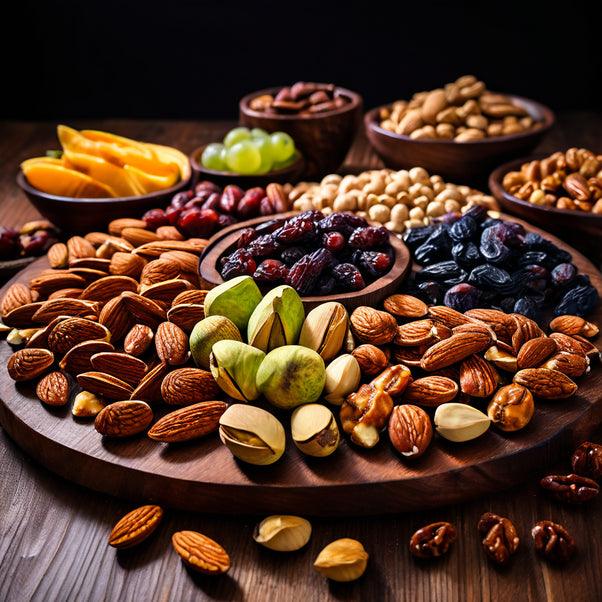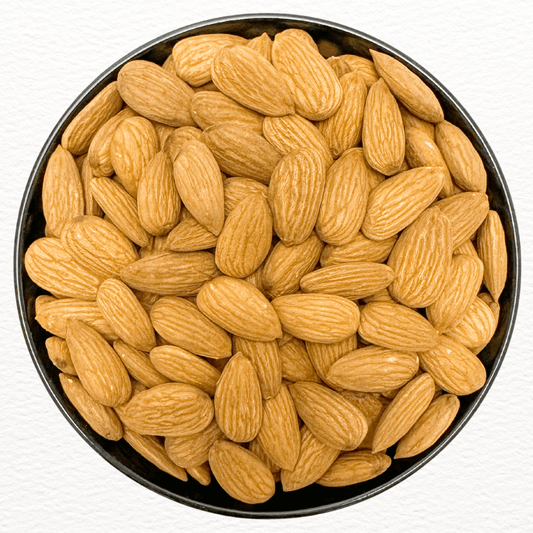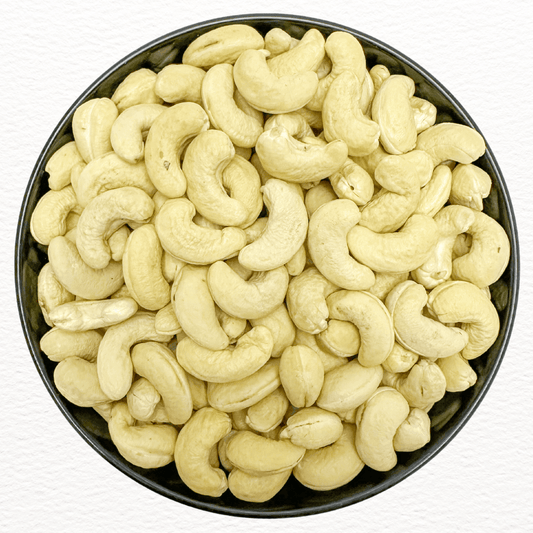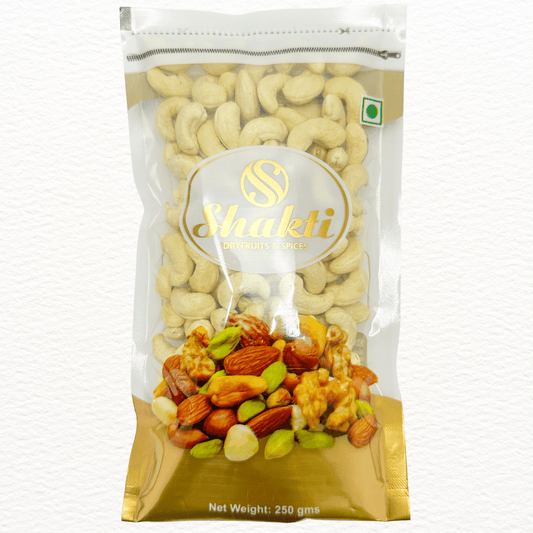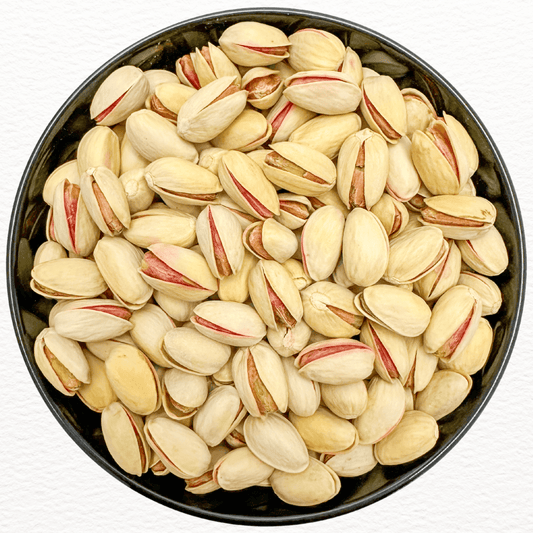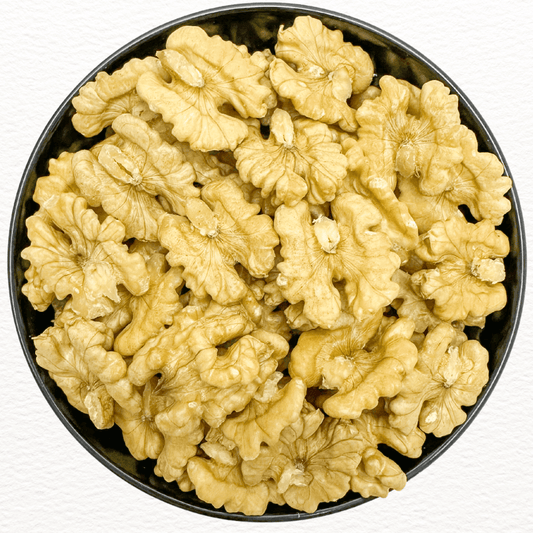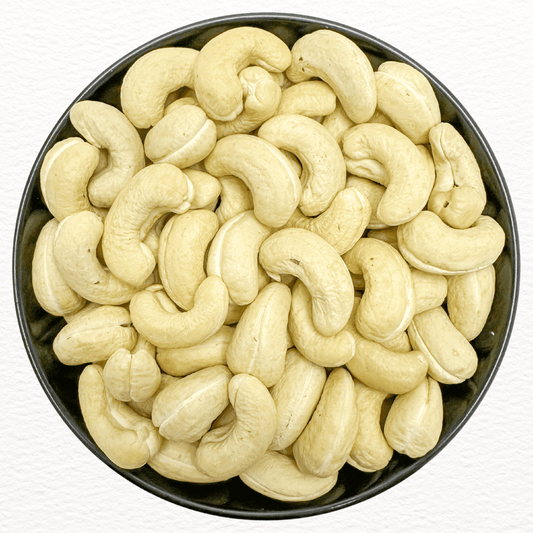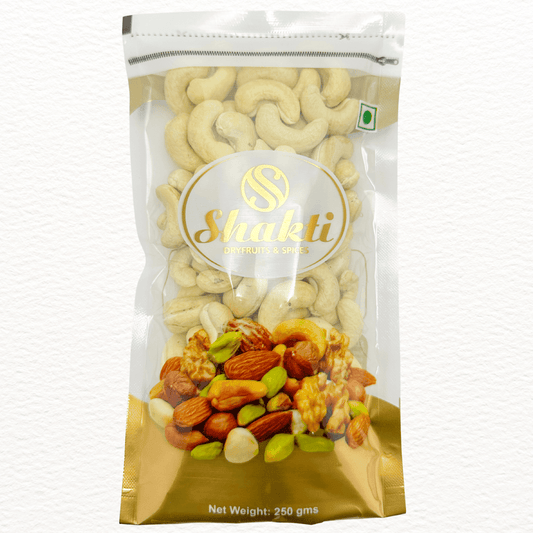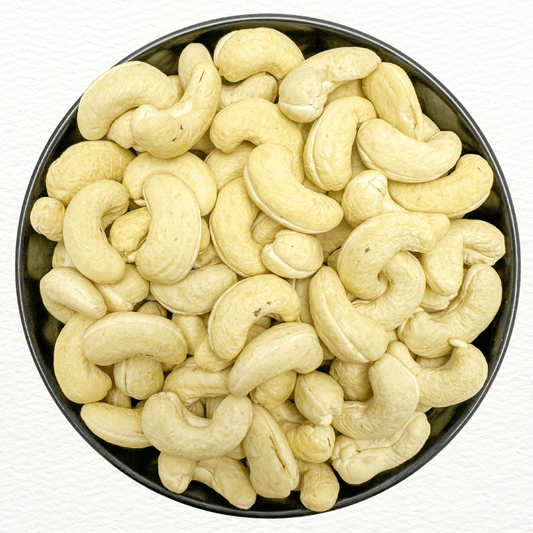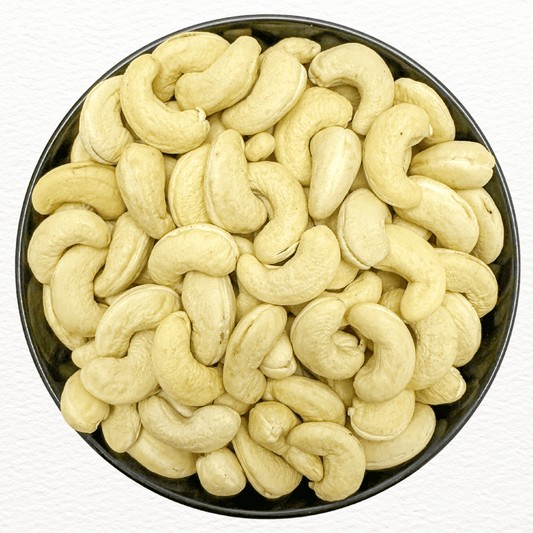Managing Digestive Discomfort from Dry Fruits: Tips to Prevent Bloating & Gas

Introduction
Dry fruits are celebrated for their compact energy and rich nutrient profiles, making them a popular choice among health enthusiasts. However, if you’ve ever experienced bloating, gas, or stomach discomfort after eating dry fruits, you’re not alone. In this post, we’ll explore why these issues occur and share proven strategies to manage digestive discomfort—so you can reap the full benefits of dry fruits without the unwanted side effects.
Why Do Dry Fruits Cause Digestive Discomfort?
High Fiber Content
Dry fruits are naturally high in dietary fiber, which is excellent for digestion. However, consuming too much fiber in one sitting can overwhelm your digestive system, leading to bloating, gas, and abdominal cramps.
Natural Sugar Alcohols
Many dry fruits contain natural sugar alcohols like sorbitol. While these compounds offer a lower glycemic response, they can also ferment in the gut and cause gas and discomfort, especially if your system isn’t used to them.
Concentration Effect
Since the water is removed during the drying process, nutrients—and sometimes irritants—become more concentrated. This means even a small serving can deliver a significant amount of fiber and sugar alcohols, which might not sit well with sensitive stomachs.
Expert Tips to Manage Digestive Discomfort
1. Practice Portion Control
- Start Small: Begin with small servings (around ¼ cup) to let your digestive system adapt.
- Monitor Intake: Keep track of how much you consume and gradually increase if your system tolerates it well.
2. Soak Your Dry Fruits
- Hydration Boost: Soaking dry fruits in water or juice for a few hours helps rehydrate them. This can ease their transit through the digestive tract and reduce fiber concentration, making them gentler on your stomach.
- Enhanced Digestibility: Soaked dry fruits are easier to chew and digest, lessening the likelihood of gas and bloating.
3. Pair with Protein or Healthy Fats
- Balanced Snack: Combining dry fruits with a small serving of nuts or yogurt slows down digestion, moderating the release of sugars and reducing the impact on your gastrointestinal tract.
- Smooth Integration: For example, add a handful of raisins to a bowl of Greek yogurt or mix chopped dates with a few almonds for a nutrient-dense, balanced snack.
4. Chew Thoroughly and Eat Slowly
- Digestive Efficiency: Taking your time and chewing well helps break down the dry fruits before they reach your stomach, reducing the digestive workload.
- Avoid Overeating: Eating slowly gives your body time to signal fullness, helping you avoid consuming excessive fiber in one go.
5. Listen to Your Body
- Adjust Consumption: If you notice persistent discomfort, try reducing your intake or selecting varieties known for lower sugar alcohol content.
- Consult a Professional: If digestive issues continue, consider speaking with a registered dietitian or healthcare provider for personalized advice.
Conclusion
Dry fruits offer a wealth of nutritional benefits, but their concentrated nature can sometimes lead to digestive discomfort if not consumed mindfully. By practicing portion control, soaking your dry fruits, pairing them with protein or healthy fats, and eating slowly, you can enjoy these nutrient-packed snacks without the unwanted side effects. Remember, moderation is key—gradually introduce dry fruits into your diet and listen to your body’s signals for a comfortable, healthful snacking experience.
Discover our curated selection of premium dry fruits designed to boost your health without the digestive downsides. Visit Shakti Dry Fruits www.shaktidryfruits.com to shop our range of unsweetened, high-quality dry fruits and start enjoying them the smart way today!
